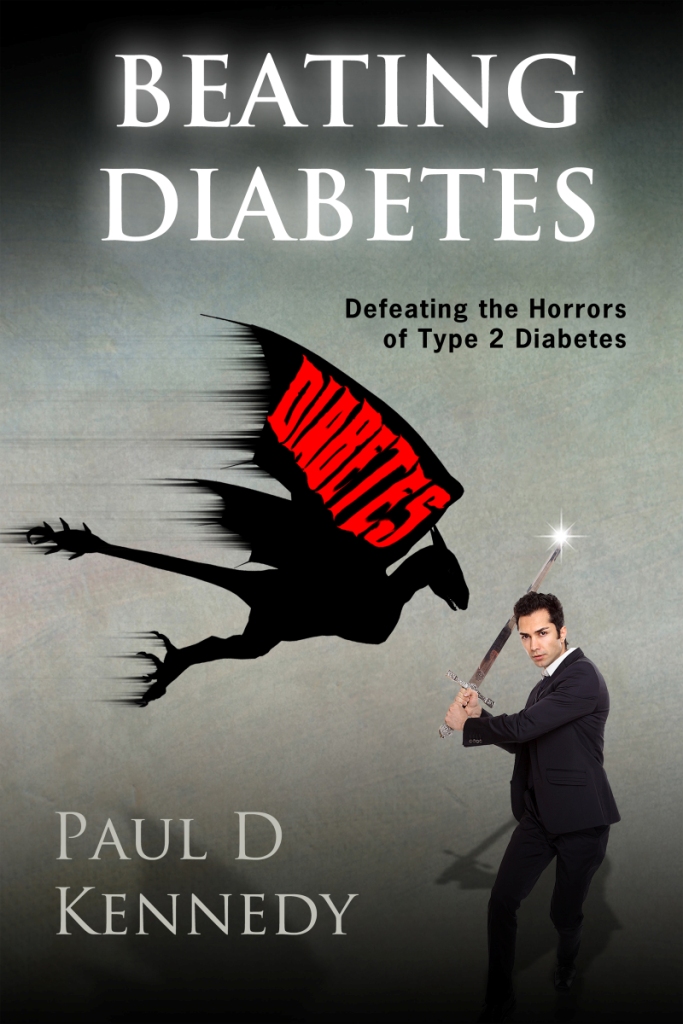If you are a type 2 diabetic, cutting down on the sugar you ingest is vital for controlling your blood glucose successfully. Over the last fifty years artificial sweeteners, used to flavour food, drinks, dietary supplements and medicines so that they taste sweet, have been introduced. But are they safe? I don’t have the definitive answer but here are some thoughts.
Artificial sweeteners allow us to enjoy sweet tasting food and drink without taking in much sugar. This is considered a boon by many diabetics, especially anyone with a sweet tooth. I’m not so sure. I feel it is far better to have your sweet tooth pulled.
The most commonly used sweetener is aspartame, which is found in processed foods, diet drinks, and many medicines including laxatives, antibiotics (such as Augmentin and Amoxil), stomach medicines, several chest medicines, and vitamin pills for children. It is used pretty widely, not least because its taste is closer to the taste of table sugar than other artificial sweeteners.
Aspartame is made up of two amino acids, L-aspartic acid and L-phenylalanine, which are bonded together by methanol. Methanol is poisonous because it can be converted to formaldehyde in the stomach, which can damage the nervous system under certain conditions and cause blindness, coma and death.
A long 22-year study by the Harvard Medical School, funded by the National Institutes of Health (NIH) and the National Cancer Institute in the USA, looked at the effects of long-term exposure to aspartame on 125,000 subjects. This long-term study, the only one involving a large number of participants, showed a link between the consumption of aspartame and cancers of the blood such as leukaemia, lymphoma and myeloma (bone marrow cancer).
According to the Sunday Business Post, a reputable Irish newspaper, this sweetener was rejected by the Food and Drug Administration (FDA) in the USA three times during the 1970s before it was finally approved.
The FDA actually went further and accused the makers, GD Searle of Chicago, of scientific fraud and reported the company to the US Attorney General.
According to the FDA, among a number of side-effects, aspartame was known to cause tumours in experimental animals.
However when Ronald Reagan became president of the USA in 1980 he replaced the head of the FDA, perhaps at the behest of the CEO of GD Searle, Donald Rumsfeld, a friend of Reagan.
In 1981 aspartame was approved by the FDA, after which it was approved by many other countries. Today aspartame is approved for human consumption in about 90 countries.
Since its approval, the safety of aspartame has been dogged by political and medical controversies, not all wholly justified. In the USA there were calls for grand jury investigations into whether GD Searle’s studies were falsified or incomplete.
The actions of some actors in the approval process or subsequent investigations have fuelled conspiracy theories. A fake email has been circulated widely claiming that aspartame has been responsible for a host of dire medical conditions.
In 1987, the US Government Accountability Office (GAO) reviewed the approval of aspartame and reported that protocol had been followed. The GAO review included a survey of 67 scientists who had conducted safety reviews … 12 (18%) had major concerns about aspartame’s safety, 26 were somewhat concerned but generally confident, and 29 were very confident in its safety.
A 2007 medical review on the subject concluded that “the weight of existing scientific evidence indicates that aspartame is safe at current levels of consumption as a non-nutritive sweetener”.
In December 2012, the long 22-year study) showing the link between aspartame and certain cancers of the blood) conducted by the Harvard Medical School, discussed above, was reported in the American Journal of Clinical Nutrition.
So is aspartame safe?
The latest study suggests that the answer is NO. But there has been so much controversy flying about, it seems impossible to say for certain one way or the other. Being cautious would seem to be best.
When aspartame is present in medicines, you probably have no choice but to consume it. However the quantities you ingest are likely to be miniscule and should pose little risk.
As regards food, you can avoid aspartame easily enough … just read the labels on the packages.
It’s always been my view that diabetics should retrain their taste-buds to enjoy less sugary tastes. As all our tastes are acquired (with the exception of mother’s milk) this can be done with just a little bit of will-power.
I have not looked at sweeteners other than aspartame. However, I feel that the big disadvantage of artificial sweeteners, whether safe to eat or not, is that they do not break the taste for sweetness.
This means that when artificial sweeteners are not available you’ll go back to using sugar … which is why it is best to forget about these sweeteners and retrain your taste buds.
